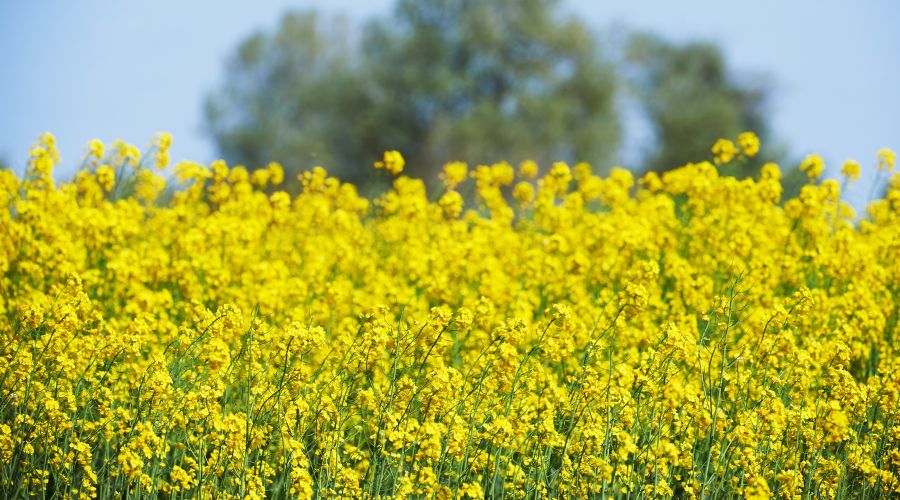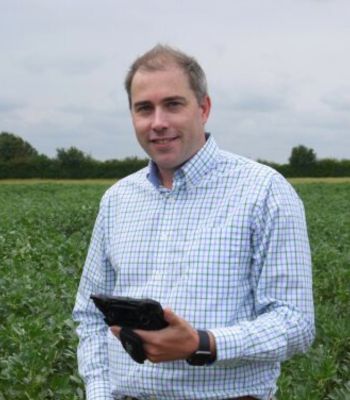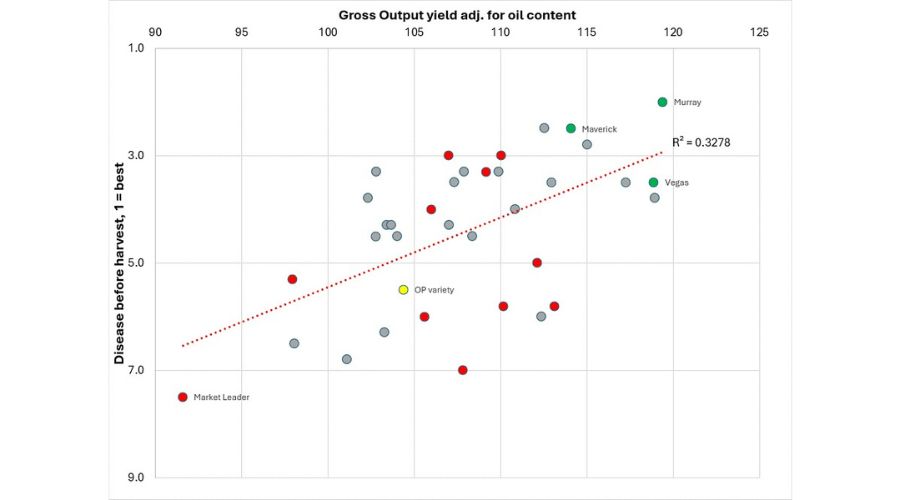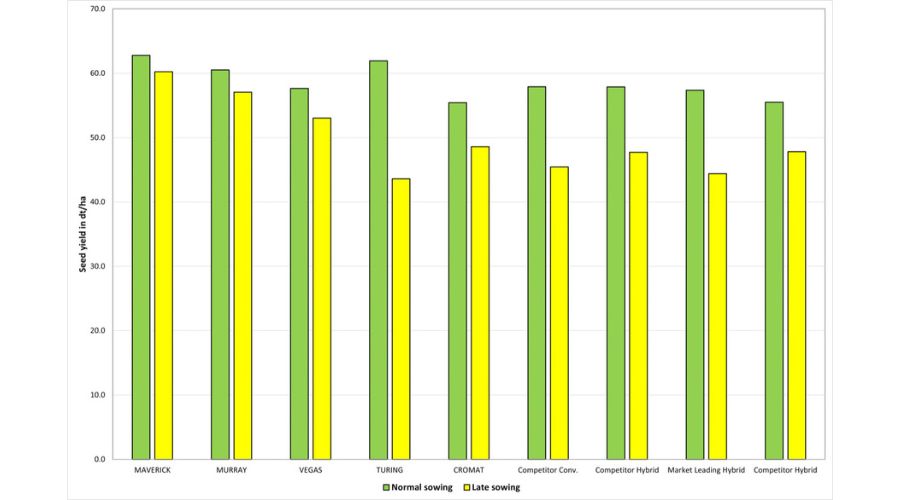Oilseed rape called important crop for UK food security
13th August 2024
With the UK’s oilseed rape plantings potentially set to be the smallest for forty years, managing director of plant breeder NPZ UK, Chris Guest, joins in calls for a reboot for the crop for the benefit of UK growers and the country’s food security.

Mr Guest said that oilseed rape can be one of the highest gross margin break crops, if not all arable crops, for growers, along with its rotational and environmental benefits.
“Yet we see too many negative comments about the crop and these, we believe, are drowning out the sound of the positives.
“This is leading to a very one-sided picture, as the negatives are often the only ones ever seen. There are plenty of very good results and average ones to go along with the poor ones, which we all accept will also happen across all crops,” he added.
Contribution to country’s food security

The expert said that when looking at the positives and starting with food security, oilseed rape is an important crop for the UK with its wide range of uses in food and industrial products for the primary element of oil, and then the importance of the by-product rape meal used in animal feed.
Mr Guest explained: “If you look at the bottles of cooking oil on the supermarket shelf or the ingredients label on many food products, you will see just two examples of oilseed rape’s contribution to the country’s home-grown food security.
“But now, from being an exporter of rapeseed, we have become an importer – this is not good news for the UK economy or our food security.
“Turning to the equally important positive of the role of oilseed rape for growers, we have seen good results from growers this year. As just one typical example, a grower of Murray in Kent noted it had been an exceptional year, with their yield equalling last year’s 4.7t/ha average across over 70ha.”
Trial results
NPZ UK managing director said: “We can all agree with a comment from a grower that oilseed rape can now be a high-risk crop – and it is a challenge for all breeders to do our part to support the crop by continuing to introduce varieties with improved yield, disease resistance and other agronomic benefits.
“NPZ UK are already doing our bit – the change to hybrids with their more reliable yield and high vigour underpin crop development, while the introduction of new genetics, such as the RlmS gene to reinforce Rlm7 for phoma resistance – all help growers.
“As breeders, we obviously emphasise that variety selection is key, and one of the key attributes that is being overlooked in variety selection is late season stem disease.
“This could be from LLS/Phoma, or Verticillium, and we are seeing yield reduction in certain market-leading varieties of up to 30% against the best of our current genetics featuring the ‘RlmS’ phoma resistance gene.”
Mr Guest added that pod shatter resistance can be important, but it should not be the be-all and end-all of variety selection.
He noted that as the company’s results show, the importance of strong stem health against late season stem disease is more important in many seasons, including the current one.
Hence a proportion of any cropping area should be focused on this, and not just on pod shatter, he added.

“In gross margin terms – 30% yield reduction is a lot and can make a huge difference in the perception of the crop within the rotation from a financial angle.
“Another important factor is the choice of sowing date. We understand that many growers have moved to earlier sowing to get crops up and away from the adult flea beetle.
“However, from the work we have carried out with Dr. Ute Kropf of the University of Applied Sciences, Kiel in terms of OSR crop physiology, we know that these early drilled crops are too far developed before winter due to thermal temperature accumulation and are therefore already limiting their yield potential.
“We have been running trials looking at late sowing, as we have discussed previously – and the results look very interesting,” the expert continued.
Balanced approach

Mr Guest said that the attached graph, created with data from the company’s internal trials at Wisbech, Cambridgeshire, shows the large yield potential from crops sown in early and late September.
Drilling dates are 2nd September for ‘normal sowing’, much later than most growers are now drilling – and then even later for the ‘late sowing’ on 21st September.
“Obviously this is not the golden bullet – and we need to take a balanced approach to risk management – but we would encourage growers to look at their average temperature accumulation dependent on farm location and look for the latest safe sowing date based on historical information for 800-900°C .
“We are determined to continue our breeding work to ensure that new varieties meet the challenge and bring the oilseed rape crop back into the forefront of UK arable production,” Mr Guest concluded.
Read more arable news.
